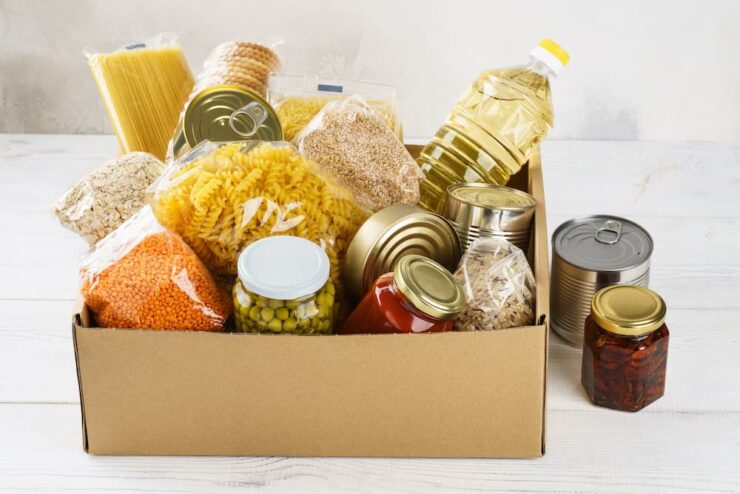Disasters can happen unexpectedly, and it is vital to have an emergency kit in place to ensure your survival in case of an emergency. When assembling an emergency kit, food is a crucial component. However, not all foods are suitable for emergency kits as some may expire quickly or require refrigeration.
In this article, we will explore the best foods for emergency kits that are non-perishable, nutritious, and easy to prepare.
The Importance of Emergency Kits
Before we delve into the best foods for emergency kits, let us briefly discuss why emergency kits are crucial. Natural disasters, such as hurricanes, floods, earthquakes, and human-made disasters, such as terrorist attacks or pandemics, can leave people without access to food, water, and shelter. Having an emergency kit on hand can help you survive until help arrives or until you can get to a safe location.
Just as it is in emergencies, so it is in school. Preparation is crucial, and preparing for the worst can make all the difference. ThesisGeek.com offers such preparation for students. They help with professional writing and editing services designed specifically for students struggling to write academic papers.
The Best Foods for Emergency Kits
An emergency kit should contain essential items such as water, first aid supplies, and food. Your food should be non-perishable, easy to store, and require little preparation. In times of emergency, you may not have access to cooking facilities or clean water, so it is vital to choose foods that can be eaten as is or with minimal preparation.
Canned Foods
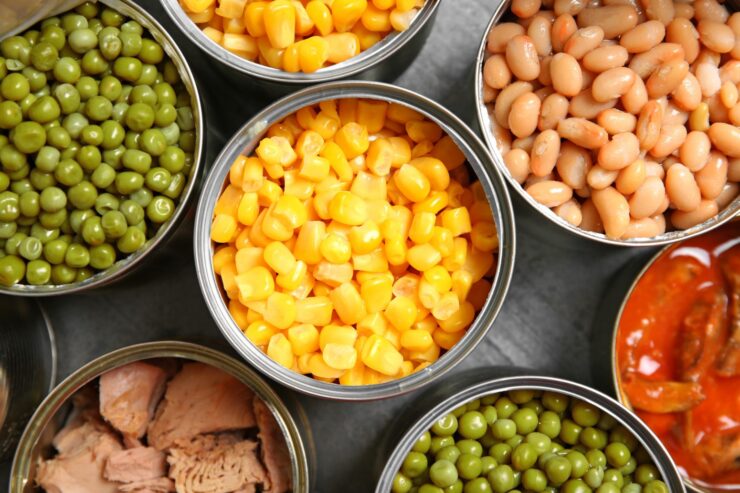
Canned foods are an excellent choice for emergency kits as they have a long shelf life and are easy to store. They are also versatile, and you can choose from various options such as canned fruits, vegetables, meats, and soups. Canned foods can be eaten straight out of the can or heated using a portable stove or a fire.
When selecting canned foods for your emergency kit, choose those with low sodium content and avoid those that require refrigeration after opening. Be sure to check the expiration dates regularly and rotate them out when they expire.
Dried Fruits and Nuts
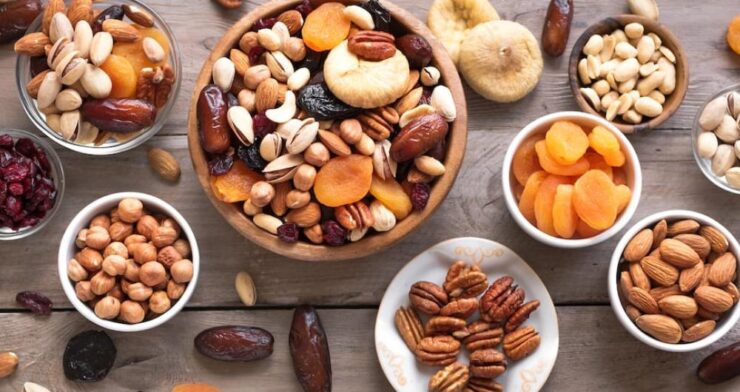
Dried fruits and nuts are excellent sources of nutrients and energy, making them perfect for emergency kits. They are also lightweight, easy to store and have a long shelf life. Dried fruits such as apricots, raisins, and cranberries are high in vitamins, minerals, and fiber. Nuts like almonds, peanuts, and cashews are high in protein, healthy fats, and fiber.
When selecting dried fruits and nuts, choose unsweetened varieties without added salt or oil. You can also opt for trail mixes that contain a variety of nuts and dried fruits.
Energy Bars
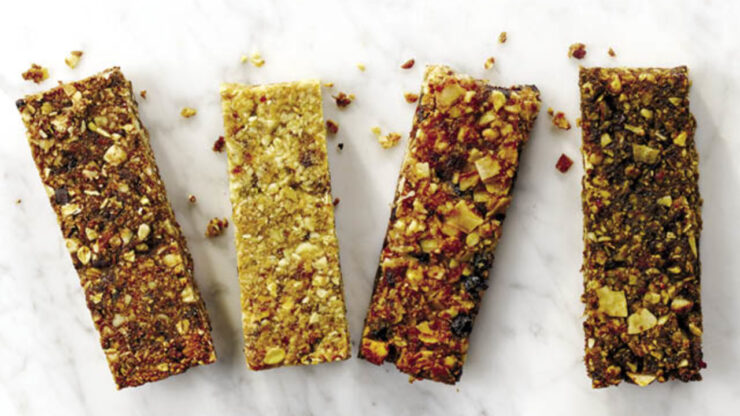
Energy bars are convenient and provide an easy to get a quick burst of energy when you need it most. They are lightweight, easy to store, and have a long shelf life. Energy bars are also available in a variety of flavors, so you can choose the ones you like best.
When selecting energy bars, choose those that are high in protein and fiber and low in sugar. Avoid those with high levels of artificial ingredients and preservatives.
Ready-to-Eat Meals
Ready-to-eat meals such as MREs (Meals Ready to Eat) are a popular choice for emergency kits. They are designed to be eaten without any preparation and can provide a complete meal with all the necessary nutrients. MREs are also lightweight, easy to store and have a long shelf life.
Crackers and Cereal Bars
Crackers and cereal bars are other excellent choices for emergency kits. They are easy to store, have a long shelf life, and can provide a quick energy source. Crackers such as whole-grain or wheat crackers are high in fiber, while cereal bars such as granola bars are high in protein and fiber.
When selecting crackers and cereal bars for your emergency kit, choose those low in sugar and high in fiber. Avoid those that are high in saturated fats and artificial ingredients.
Powdered Milk
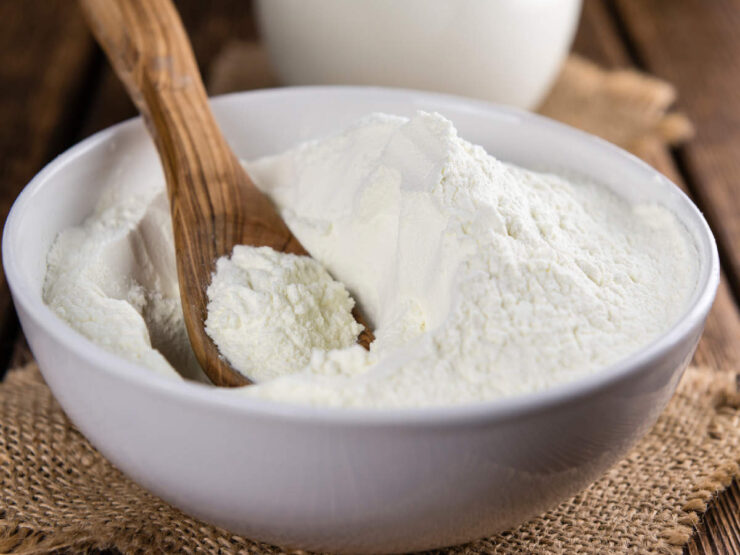
Powdered milk is an excellent source of calcium, vitamin D, and protein. It is also easy to store, has a long shelf life, and can be used in a variety of recipes. Powdered milk can be mixed with water to create a milk substitute for drinking or used in recipes such as pancakes, muffins, and soups.
When selecting powdered milk for your emergency kit, choose non-fat and fortified with vitamin D. Be sure to check the expiration dates regularly and rotate them out when they expire.
Trail Mix
Trail mix is an excellent source of protein, healthy fats, and fiber. It is easy to store, has a long shelf life, and can provide a quick energy source during an emergency. Trail mix typically contains nuts, seeds, and dried fruits.
When selecting trail mix for your emergency kit, choose those low in added sugars and salt. It is essential to check the expiration dates regularly and rotate them out when they expire.
Instant coffee or tea
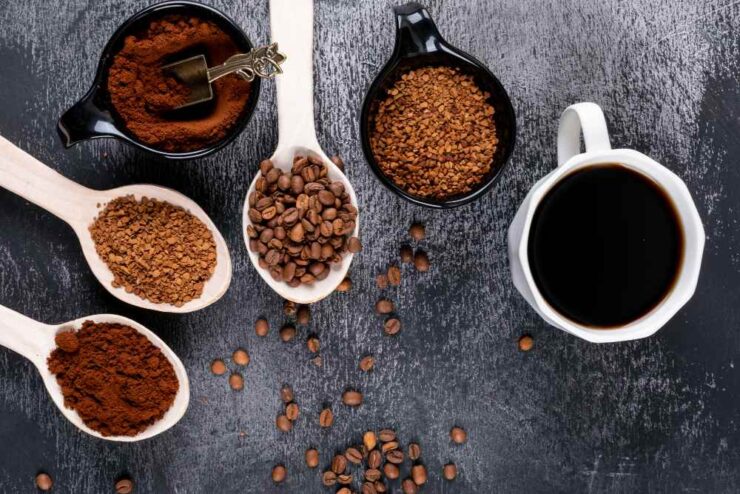
This is a convenient and easy-to-prepare option for including in an emergency food kit. These products come in a dry powder form that can be quickly dissolved in hot water to make a hot beverage. Instant coffee and tea typically have a longer shelf life than regular coffee or tea bags and do not require special equipment or a brewing process.
While instant coffee and tea may not have the same taste as freshly brewed coffee or tea, they can provide a quick caffeine boost in an emergency. Additionally, they can be helpful to individuals who do not have access to a coffee or tea maker or need a lightweight and portable option for a camping or hiking trip.
Conclusion
Emergency kits are essential in times of crisis, and food is a crucial component. When selecting foods for your emergency kit, choose non-perishable, easy to store, and require little to no preparation. Canned foods, dried fruits and nuts, energy bars, ready-to-eat meals, crackers and cereal bars, peanut butter, and powdered milk are all excellent choices for emergency kits. With a well-stocked emergency kit, you can have peace of mind knowing that you are prepared for any emergency that may come your way.

